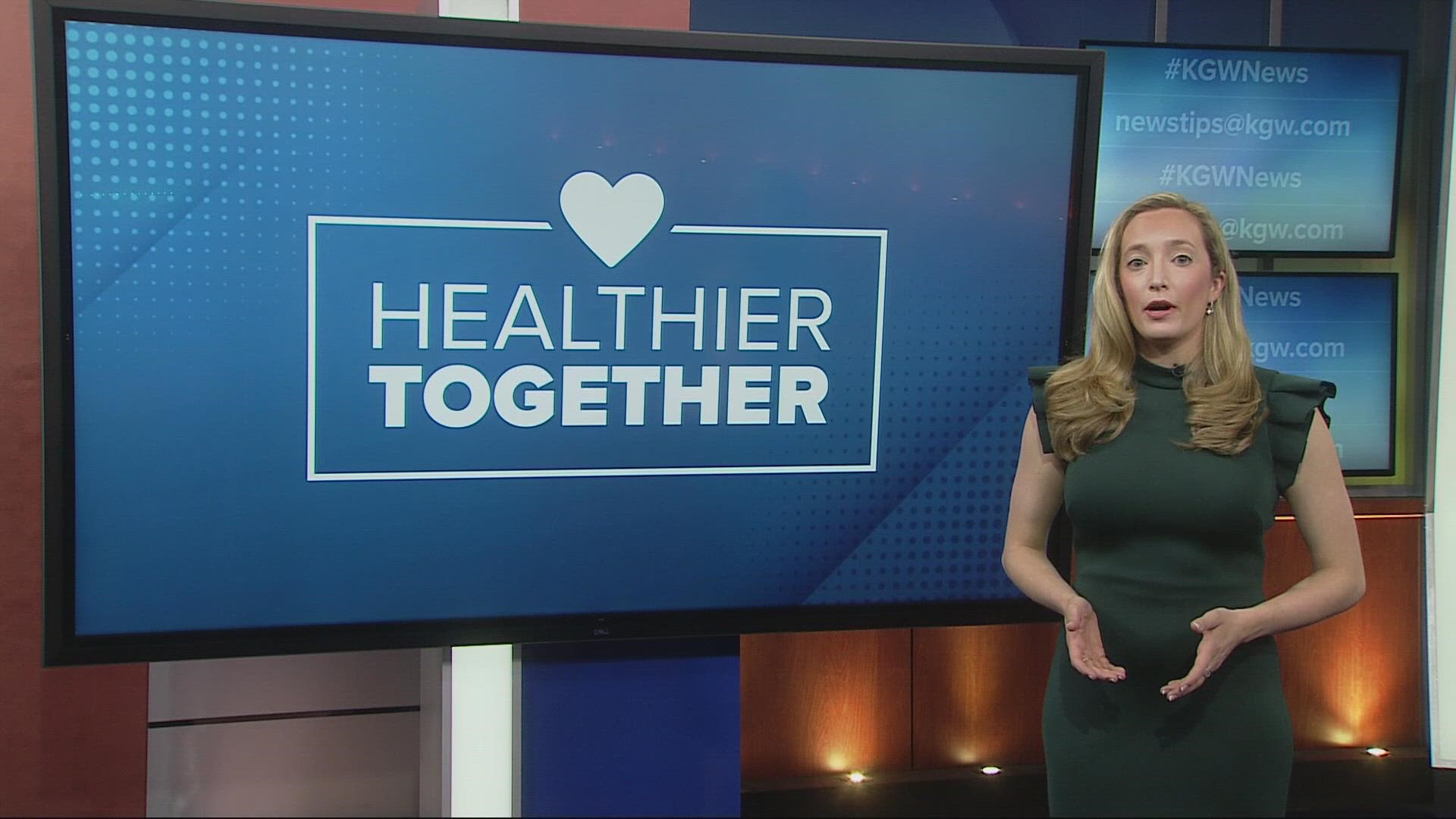PORTLAND, Ore — Studies show that given everything Americans have faced these past two years, more than 50 million people are now dealing with mental health issues.
“We were already in a crisis shortage in providers and access and the pandemic only exasperated that,” said Pablo McCabe, the senior vice president of Healthcare and Accounts Strategy at Talkspace, an online therapy platform.
McCabe said more than 30% of people struggling with mental health issues are women, 25% are men and close to 40% are youths. As a way to reach more people no matter where they live, providers are turning to virtual therapy.
“We all communicate differently, and I think what virtual allows is it just gives us more options for some folks that might struggle with sitting in person,” said McCabe.
So, if you’re someone who gets nervous at the thought of walking into an office to see a therapist, virtual therapy might be just the thing for you. There are different ways to do it, such as live video sessions, phone calls even text messaging.
“Those kinds of conversations can happen throughout the week and so that session turns into a number of days when you can really think about what you want to write out and that’s so therapeutic in itself,” McCabe added.
How do you know if you need therapy?
Here are five signs to look out for:
- Struggling to sleep
- Mood swings
- Feeling anxious or sad
- Changes in your weight
“Frankly our friends and family are mirrors and will tell us — 'are you ok, you seem stressed, you seem down' — and when you begin to hear those messages, what I really want to encourage you to do is to schedule a session,” said McCabe.
How do you know if you’re choosing the right provider?
Well, it’s up to you to do a little research so that you get someone qualified as a counselor:
- First, make sure it’s a licensed provider
- Read their professional bio
- Check how long the therapy platform has been around.
As for the money, virtual therapy costs about the same as in-person, but if you have health insurance it’s cheaper to pick an in-network provider.
“What’s great and what we’re always striving to do at Talkspace is democratize therapy, make it more affordable," said McCabe. "So what we do is we make sure the folks on our platform are in-network.”
If you’re feeling overwhelmed or anxious, instead of self-diagnosing, seek professional help. It can go a long way.

